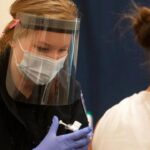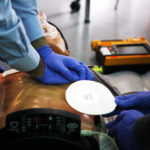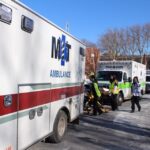Join the Editorial Board
Qualifications
Our Editorial Board is composed of clinicians, researchers, educators, and leaders with extensive records of service in collegiate EMS and emergency medicine. Editorial Board members include experts in EMS, emergency medicine, and related fields. Editorial Board positions are typically offered by invitation only. An individual interested in being on the Editorial Board, who has not been invited, should first apply to become a reviewer.
Expectations
Editorial Board members are expected to:
- Coordinate with reviewers during the peer review process.
- Review and edit submitted manuscripts that undergo editorial review.
- Advise on journal policy, design, and scope.
- Attract new authors and manuscript submissions.
- Assist in the selection process of new reviewers and Editorial Board members.
Benefits
JCEMS Editorial Board members enjoy the following benefits:
- Professional development, establishment of expertise, improvement of scholarly reputation, and contribution to the collegiate EMS community.
- Recognition in every JCEMS print issue and on our website.
Application Process
Editorial Board positions are typically offered by invitation only. An individual interested in being on the Editorial Board, who has not been invited, should first apply to become a reviewer.





